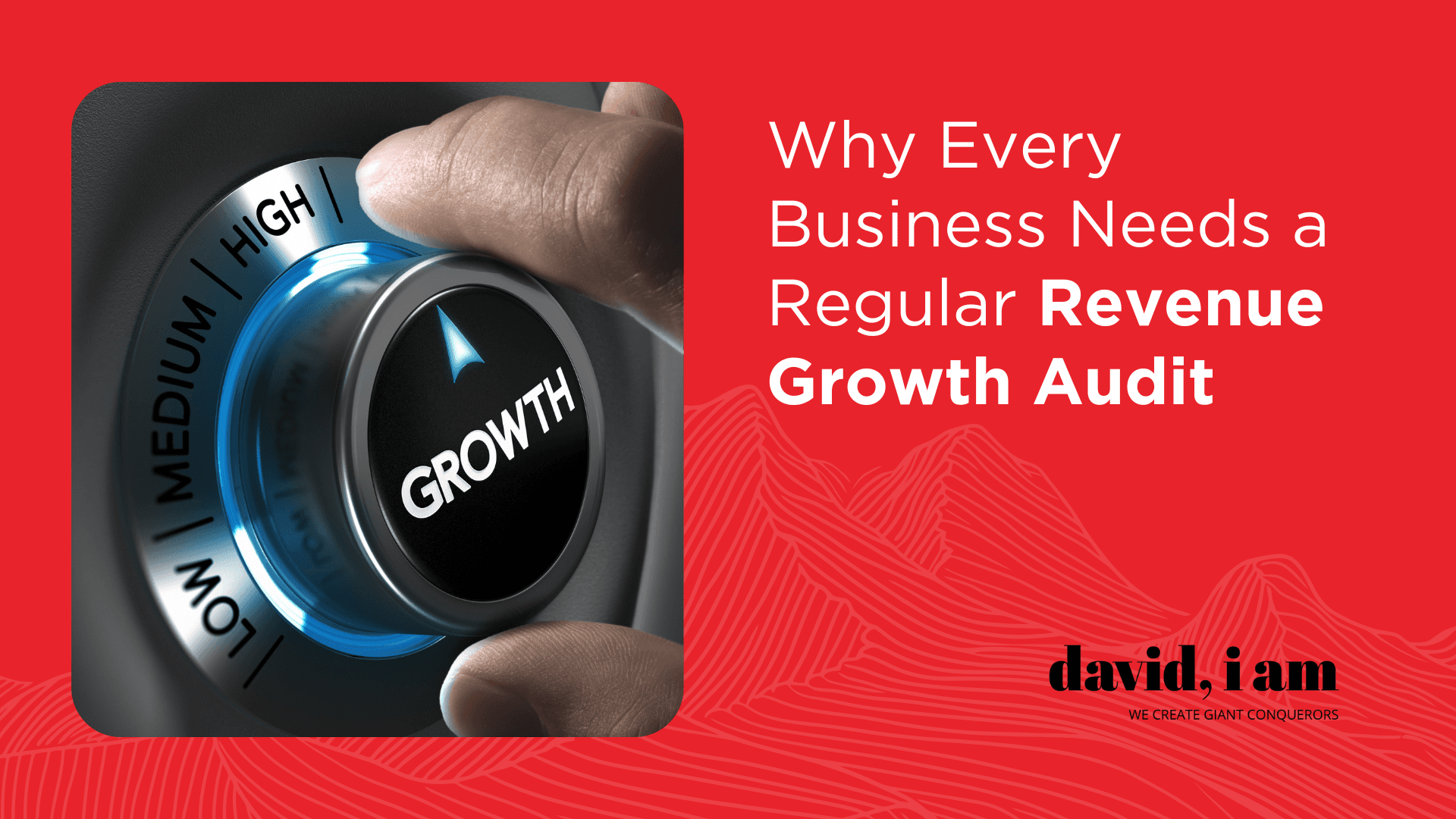Why Every Business Needs a Regular Revenue Growth Audit
10 Mar 2025

In today’s competitive landscape, revenue growth isn’t just about selling more—it’s about optimising how your business scales sustainably. Yet, many organisations focus on top-line growth without scrutinising the underlying drivers and inefficiencies that may be holding them back.
This is where a Revenue Growth Audit becomes essential. By systematically evaluating the core components of your revenue engine—your strategy, operations, and execution—you uncover insights that drive predictable, scalable, and sustained growth.
What is a Revenue Growth Audit?
A Revenue Growth Audit is a structured assessment that identifies:
Growth bottlenecks—Are there hidden inefficiencies in your go-to-market strategy?
Market opportunities—Are you targeting the right audience with the right approach?
Operational misalignment—Are marketing, sales, and customer success working cohesively?
Revenue leakage—Are you missing retention opportunities or leaving money on the table?
Rather than waiting for a revenue plateau or downturn, a proactive audit helps you optimise growth continuously—allowing you to pivot before problems arise.
Why Regular Audits Are Essential
Many businesses conduct financial audits but overlook revenue audits. The difference? A financial audit looks backwards, ensuring compliance and reporting accuracy. A revenue growth audit, however, is forward-looking, ensuring your business is positioned for continuous success.
Here’s why a regular audit is critical:
Markets Shift—Fast: Customer behaviours evolve, competitors adapt, and new technologies disrupt industries. A revenue audit ensures you stay ahead.
Alignment Drives Growth: A well-aligned revenue engine integrates marketing, sales, and customer experience, creating a seamless customer journey that accelerates growth.
Inefficiencies Are Costly: Without regular analysis, businesses often waste resources on underperforming strategies, misallocated budgets, or outdated sales tactics.
Scaling Requires Optimisation: Scaling isn’t just about increasing leads—it’s about improving conversion rates, retention, and customer lifetime value. A revenue audit pinpoints where to refine these levers.
How to Conduct a Revenue Growth Audit
A comprehensive revenue audit should examine four key areas:
Market Positioning & Demand – Are you targeting the right market segments with the right value proposition?
Sales & Marketing Effectiveness – Are your teams aligned? Are your acquisition strategies converting effectively?
Customer Experience & Retention – Are you maximising lifetime value and reducing churn?
Revenue Operations & Technology – Do you have the right processes, data, and automation to scale efficiently?
🚀 Want to take a structured approach? Check out this detailed Growth Audit framework to assess and optimise your revenue strategy.
Final Thought: Growth is Not a Guessing Game
The best companies don’t leave growth to chance—they engineer it. By embedding regular revenue growth audits into your strategy, you create a data-driven, scalable, and predictable path to success.





